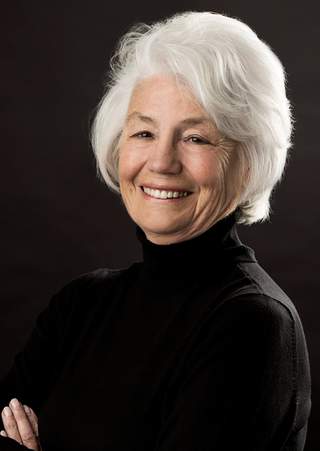The Canberra Times
By Lesley Russell
Prime Minister Julia Gillard told the United States Congress last week that it must be bold enough to tackle climate change and to sever the current links between economic growth and emissions growth. Many of those listening were not aware that back in Australia she was taking a hit in the polls for her boldness in revisiting the climate change plans that helped undermine her predecessor, Kevin Rudd.
But the PM was acutely aware that, despite her admonitions, which were politely received by those in the House chamber, there will be even less help from the US on this issue than from Tony Abbott. Republicans are implacably opposed to doing anything to address the issues around climate change. Indeed, they want to undo what has been done to date and also restrict the ability of the President and the Environmental Protection Agency to act using executive authority.
The basis for this position is political anything to thwart the Obama agenda and is based on wilful ignorance and denial of the science. Republicans are even considering using the power of government to punish those companies who are, in their opinion, insufficiently opposed to greenhouse gas regulation. In a recent speech, Democrat congressman Henry Waxman (who, two years ago, with Democrat congressman Ed Markey , co- sponsored a sweeping climate- change and energy Bill that passed the House but died in the Senate) recalled earlier battles on environmental policy with Ronald Reagan, Dan Quayle, Tom DeLay and Dick Cheney, who did all they could to roll back the nation's environmental and health laws on behalf of their corporate backers. ''But I have never been in a Congress where there was such an overwhelming disconnect between science and policy,'' Waxman said. ''The Republicans in Congress have become the party of science deniers, and that is profoundly dangerous.''
Today half the Republicans in the House and three-quarters of Republicans in the Senate don't believe that man plays a role in climate change, or don't believe in climate change at all. However, public opinion in the United States about the need to act on climate change has been consistently strong for years. Republican congressman Fred Upton, the new chairman of Energy and Commerce, has joined Republican senator James Inhofe to sponsor a Bill to repeal the EPA's finding that global warming pollution is a threat to public health and the environment.
Senator Inhofe has repeatedly referred to climate change as a hoax perpetrated by an incestuous coterie of climate scientists unwilling to consider contrary evidence. ''The new Republican majority in the House has a lot of power to write our nation's laws, but they do not have the power to rewrite the laws of nature,'' Waxman said. ''Republicans in Congress can't cure cancer by passing a Bill that declares smoking safe. And they can't stop climate change by declaring it a hoax.'' At a recent Energy and Commerce Committee hearing, internationally recognised scientists tried in vain to reach Republicans with the facts about the threat of global warming, and how action is needed if global warming is to be limited to moderate levels.
The Republicans on the committee uniformly pretended they were wading into some grand scientific debate whose proponents just wanted to take America's energy away. Waxman has compared the climate change issue to the civil rights struggles of the 1960s. ''We are at a pivotal time in which every member of Congress will decide whether they will be on the right side of history or the wrong side of history,'' Waxman said. ''Civil rights in the 1960s was a moral issue, and there was a right side and a wrong side. Climate change is an environmental issue. It is an economic issue. But it is also fundamentally a moral issue.'' He warned that if policy makers do not recognise the seriousness of the threat of climate change and fail to act, ''history will not judge us kindly''.
Prime Minister Gillard faces a tough task in implementing her plans for a carbon tax. And while she might be spared outright denials of the science from the Opposition, Australian politics provides yet more evidence that climate science divides people along political lines. But the political wedge is that those who allow their beliefs to take precedence over the evidence do so primarily because their political and financial interests take precedence over their beliefs.
Dr Russell is a senior fellow at the Centre for American Progress in Washington DC. She is a research associate at both the Menzies Centre for Health Policy and the US Studies Centre at the University of Sydney.





